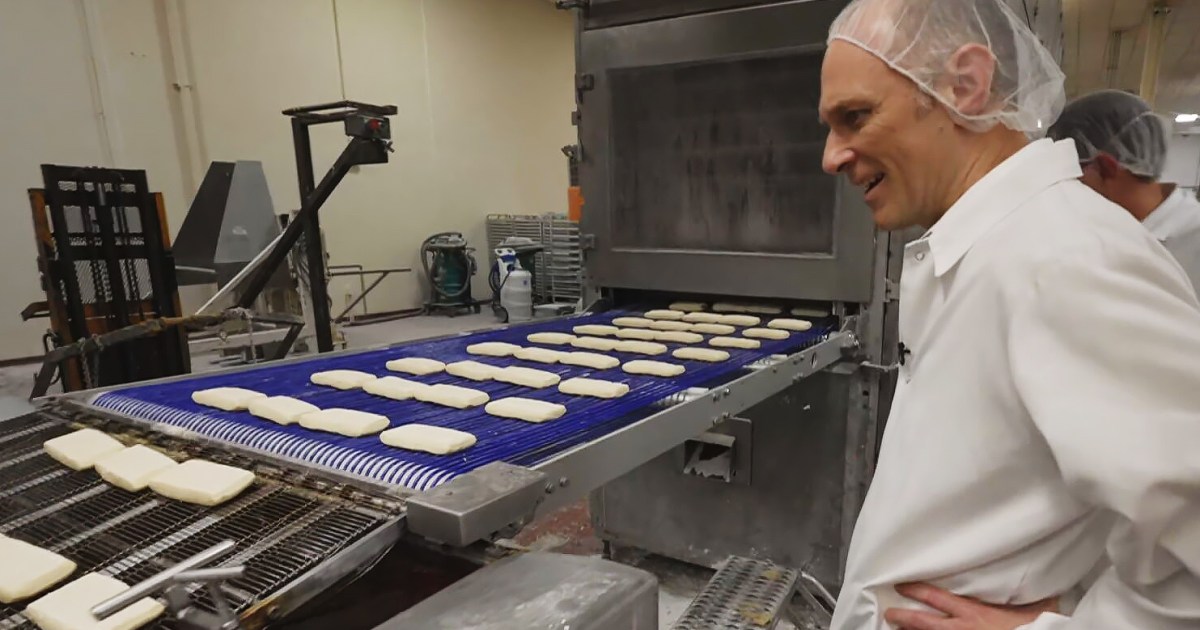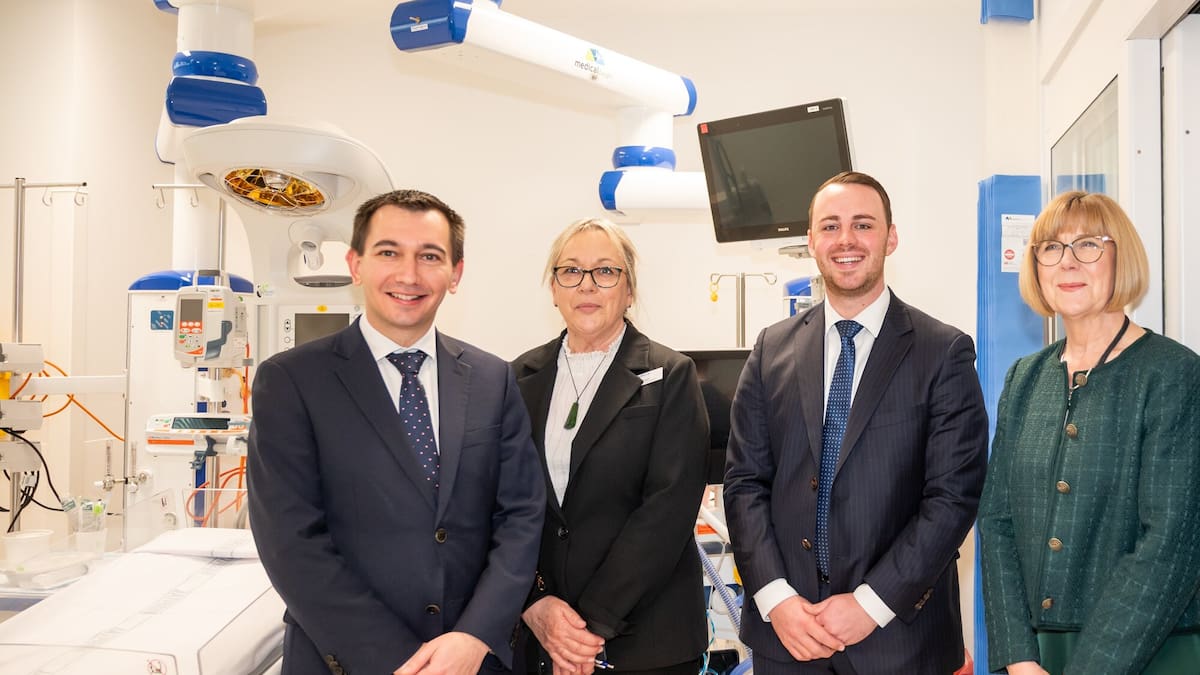Chicago Fed Chief: Need More Inflation Data Before Declaring Economy's Health

The US economy's trajectory remains a subject of cautious observation, according to Chicago Federal Reserve President Austan Goolsbee. In a recent interview on NBC News' “Here's the Scoop” podcast, Goolsbee emphasized the need for “a few months of data” on inflation before the Fed can confidently assess the economy's overall health and make informed decisions about future monetary policy.
Goolsbee's comments come amidst ongoing debates about whether the Federal Reserve's aggressive interest rate hikes have successfully tamed inflation without triggering a significant economic downturn. While inflation has cooled from its peak, it remains above the Fed's 2% target, and concerns persist about potential stickiness in certain sectors.
“The hardest thing that the Fed ever has to do is get the timing right at moments of transition,” Goolsbee stated, acknowledging the delicate balancing act the central bank faces. He highlighted the complexities of navigating a rapidly evolving economic landscape, where various factors, including supply chain disruptions, labor market dynamics, and global events, can influence inflation and economic growth.
Why More Data is Crucial
Goolsbee's call for patience underscores the importance of data-driven decision-making at the Fed. A single month's data can be misleading, influenced by temporary factors or statistical anomalies. By observing inflation trends over several months, policymakers can gain a more reliable understanding of the underlying economic forces at play.
He explained that the Fed needs to see sustained evidence of disinflation—a gradual decline in inflation—before considering a pause or potential reversal of its tightening cycle. Prematurely declaring victory over inflation could risk a resurgence of price pressures, while over-tightening could unnecessarily stifle economic activity.
Current Economic Landscape
The US economy has shown surprising resilience in the face of rising interest rates. The labor market remains strong, with unemployment rates near historic lows, and consumer spending has held up relatively well. However, there are signs that the economy is beginning to slow down, with manufacturing activity contracting and housing sales declining.
The Fed is closely monitoring these developments as it weighs its next moves. The upcoming inflation reports, including the Consumer Price Index (CPI) and the Personal Consumption Expenditures (PCE) price index, will be particularly important in shaping the Fed's outlook.
Market Reaction and Future Outlook
Goolsbee’s comments were generally well-received by financial markets, which interpreted them as signaling a less hawkish stance from the Fed. Market participants are now pricing in a lower probability of further interest rate hikes in the coming months.
Looking ahead, the Fed faces a challenging task. It must continue to combat inflation while minimizing the risk of a recession. Goolsbee’s emphasis on data-driven decision-making suggests a cautious and pragmatic approach to monetary policy, recognizing the uncertainties surrounding the economic outlook.
Ultimately, the Fed's success will depend on its ability to accurately assess the state of the economy and adjust its policies accordingly. The “few months of data” Goolsbee seeks will be critical in guiding the central bank's actions in the months ahead.






